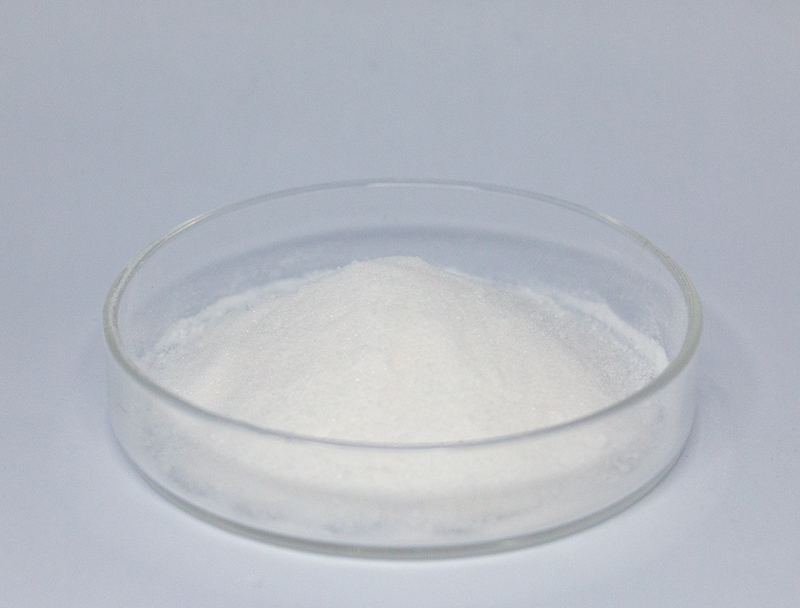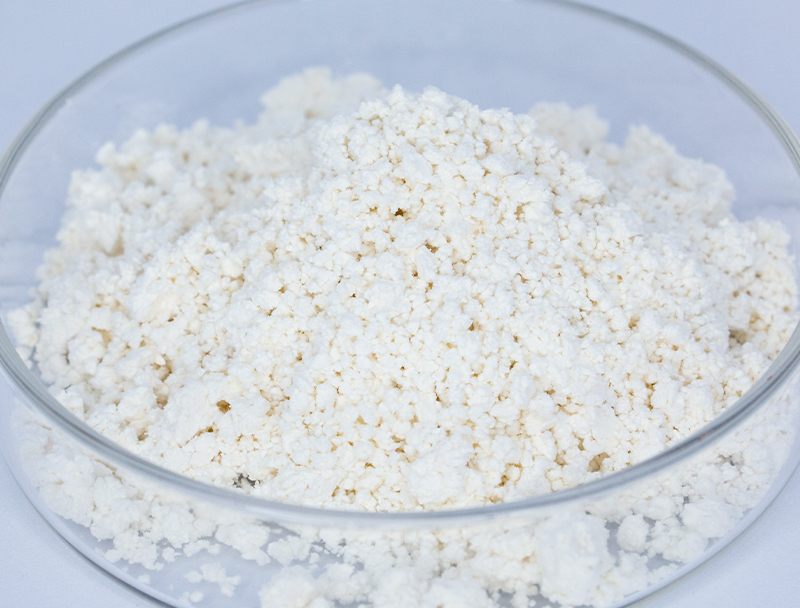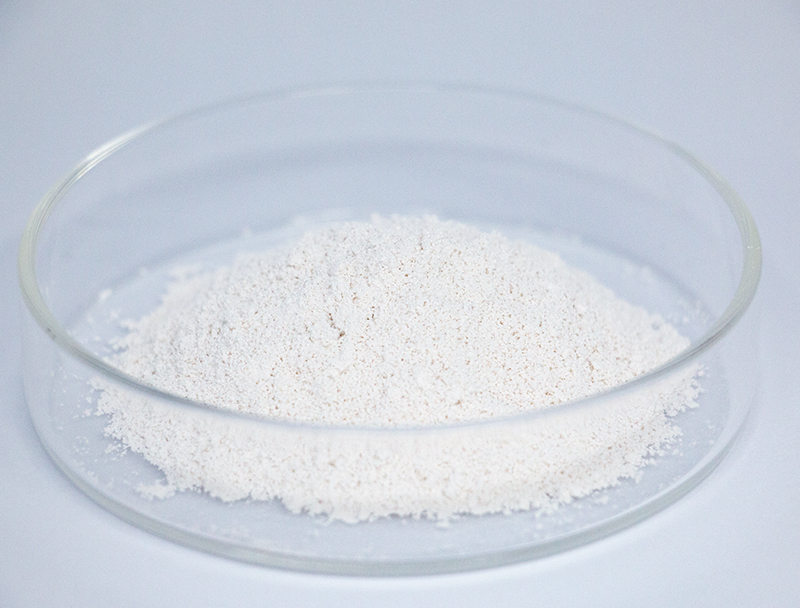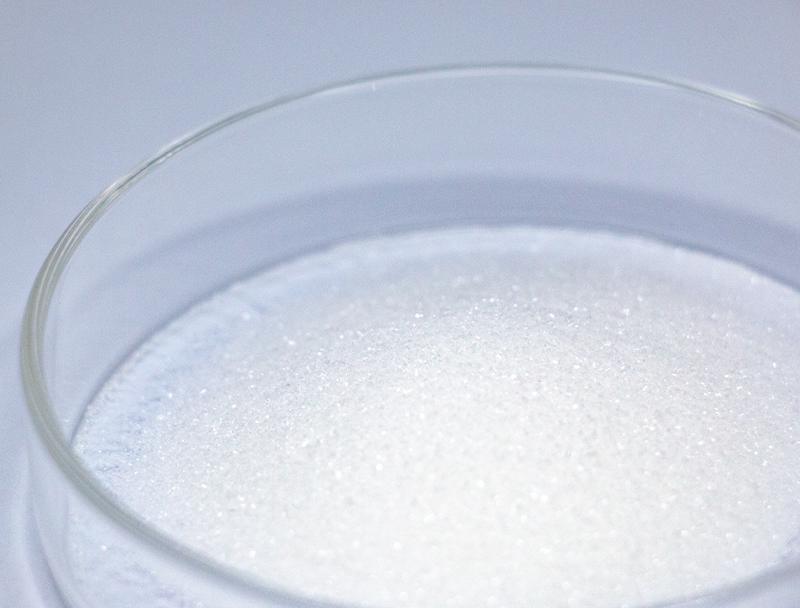
Industrial biosynthesis counts extensively on a wide assortment of substrates to create novel bio-derived items.
Preserving environmentally mindful sourcing underpins enduring viability and ethical market growth.
an array of drawbacks from conventional supply chains such as soil erosion and unchecked resource extraction. Hence, stakeholders must deploy sustainable supply practices to minimize environmental costs.
- Examples of sustainable sourcing practices include:
- Harnessing secondary biomass from farming outputs
- Establishing regenerative loops to cut waste and elevate material utilization
- Teaming up with provincial partners who practice sustainable procurement
The transition to greener sourcing offers both planet-friendly outcomes and business advantages.
Enhancing Biomass Composition for Superior Biofuel Results
Optimizing biofuel yields depends strongly on feedstock quality and makeup. Engineers continually develop approaches to improve biomass suitability, producing improved fuel yields and a lower-carbon energy pathway. Efforts pair genetic enhancement for feedstock abundance with advanced pretreatment to produce usable sugars.
- Furthermore, teams search for alternative biomass sources including algal strains, industrial wastes, and crop leftovers to broaden sustainable feedstock options for fuels.
- With persistent development the field will likely demonstrate notable gains that foster a more sustainable energy system.

Next-Generation Upstream Methods in Biopharmaceuticals
involves foundational activities from cultivation to biomass harvest Recent progress has advanced techniques that maximize productivity and increase output.
Significant developments incorporate advanced biological platforms, tailored medium blends, and precision reactor engineering. These developments raise yield and cut costs as well as diminish environmental consequences.
- Moreover, continuous manufacturing adoption is enabling dynamic control and greater adaptability in upstream workflows.
- This transition to advanced manufacturing techniques is set to transform the sector and accelerate therapeutic timelines.

Precision Genomic Tools Enhancing Biopharmaceutical Yields
improvements in molecular editing platforms like CRISPR have updated therapeutic production processes. Via deliberate gene edits, teams amplify protein expression for higher yields. The approach may facilitate scalable, low-cost therapeutic production for numerous diseases.
Applying Microbial Tools to Improve Environmental Remediation
innovative solutions for sustainable bioremediation, a critical process for addressing environmental pollution. Specialized microbes can enzymatically degrade pollutants to reduced-toxicity products.. Utilizing microbial metabolism supports eco-friendly site cleanup methods that limit secondary harm from remediation.. Laboratories test microbial species for efficacy against metals, pesticide pollutants, and oil-related contamination. They can be integrated into bioreactor platforms or introduced in the field to stimulate microbial breakdown of hazardous compounds..
Biological remediation using microbes yields meaningful benefits compared to conventional strategies. Such strategies are budget-friendly and lessen the creation of harmful byproducts. Furthermore, microbial solutions are highly specific, allowing for the remediation of particular pollutants without disrupting the broader ecosystem. The field of microbial biotechnology continues to advance rapidly, with ongoing research focused on improving the efficiency and effectiveness of bioremediation strategies.
The Role of Bioinformatics in Drug Discovery and Development
Informatics platforms are essential to current drug discovery and development pipelines. By leveraging complex datasets, bioinformatics expedites discovery and optimizes candidate safety and potency.
- By parsing huge omics and clinical databases, bioinformaticians detect targets and estimate therapeutic responses.
- Likewise, computational docking and dynamics help design molecules with improved target engagement and potency.
- Finally, data-driven informatics is changing drug development and hastening patient access to effective therapies.
Pathway Engineering for Greater Bioproduct Yields
employs a variety of strategies to augment the synthesis of valuable bioproducts within microorganisms. Approaches may include genome edits to rewire pathways, transcriptional control to tune expression, and heterologous gene insertion to add functions.. By fine-tuning these processes, engineers can significantly increase the yield of desired bioproducts.
This multifaceted approach has the potential to revolutionize a broad range of industries, including biopharmaceuticals, agriculture, and bioenergy.

Scaling Biopharma: Difficulties and Strategic Opportunities
Commercializing biopharma production involves significant constraints and promising benefits. One major challenge is maintaining consistent product quality at increased scales. Solving it involves resilient control frameworks, high-resolution monitoring, and modern analytical tools.

Process intricacy spanning various stages creates significant scale-up complexities.. Reengineering workflows for mass production involves rigorous R&D and inventive technology deployment.. Nonetheless, the advantages can be major. Skilled scaling can enlarge supply, lower prices, and increase profit potential.
Numerous initiatives aim to tackle these scaling challenges. Approaches include cutting-edge process optimization tech, comprehensive analytics for control, and disruptive manufacturing designs.
- Technology development efforts underpin advances in production capability.
- Regulators are reforming approval systems to facilitate adoption of advanced manufacturing and nurture innovation.
Mapping the Compliance Environment for Safe Therapeutic Development
Advancing biopharmaceuticals involves heavy regulatory scrutiny to secure product safety and proven efficacy. Biologics sourced from living systems pose distinct regulatory and manufacturing complexities versus small-molecule drugs.
Authorities including the FDA and EMA implement guidelines and thresholds to assess and approve novel biologic products.
Strict validation and testing steps are required across the product lifecycle from lab studies to post-market oversight.. Those requirements help reveal risks and Calcium alpha-ketoglutarate confirm that biologics satisfy stringent safety criteria..
Also, governing institutions evolve their strategies to respond to swift advances in biopharmaceutical science.. Efforts comprise integrating cutting-edge tools and easing development pathways while upholding patient safety.

Plant-Derived Feedstocks as a Route to Sustainable Bioplastics
The expanding market for green materials prompts increased R&D into bio-based solutions. Converting plant biomass into bioplastics offers a credible pathway to environmentally sound products. Plant inputs like corn-derived starch, cellulose derivatives, and sugarcane can be turned into degradable plastics that lessen environmental burdens.
Furthermore, these bioplastics often possess comparable properties to their petroleum-based counterparts, making them suitable for a wide range of applications.. Continued research and innovation in this field are crucial to unlocking the full potential of plant-based biomass feedstocks in the manufacture of sustainable bioplastics, paving the way for a circular economy.
This Emerging Impact on Public Health and Food Systems
Advanced biotech approaches can reshape healthcare delivery and enhance agricultural resilience. Applying targeted genetic edits, synthetic biology frameworks, and cellular therapeutics, practitioners produce measures to address infectious disease, boost harvests, and upgrade nutritional content.. For example, engineered crops with pest resistance and stress tolerance can increase yields while lowering pesticide use.. In addition, the field produces vaccines, treatments, and diagnostic tools that are central to fighting infections and improving health worldwide.. Continued scientific progress suggests biotechnology will increasingly underpin healthier, more sustainable societies worldwide.
